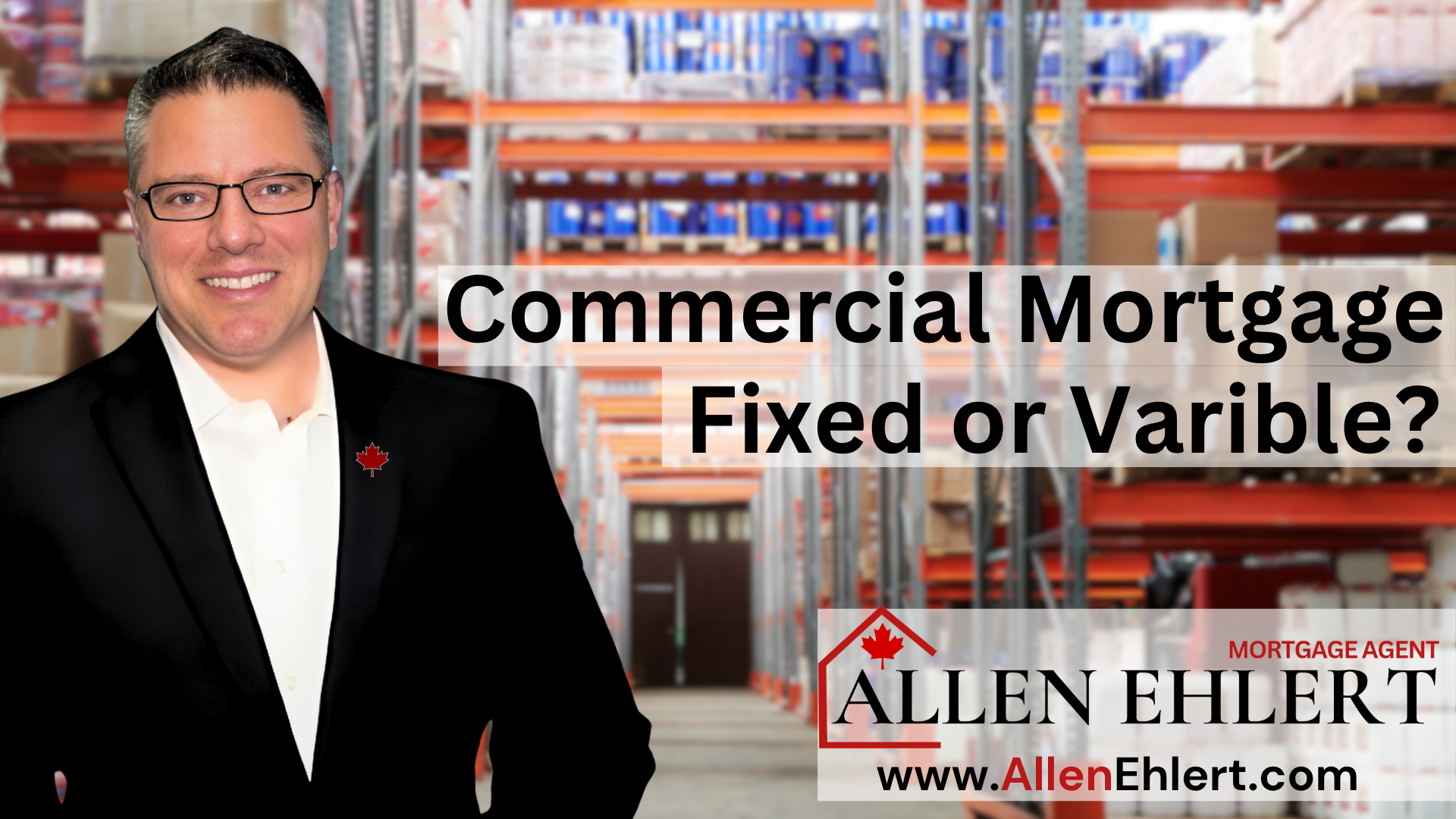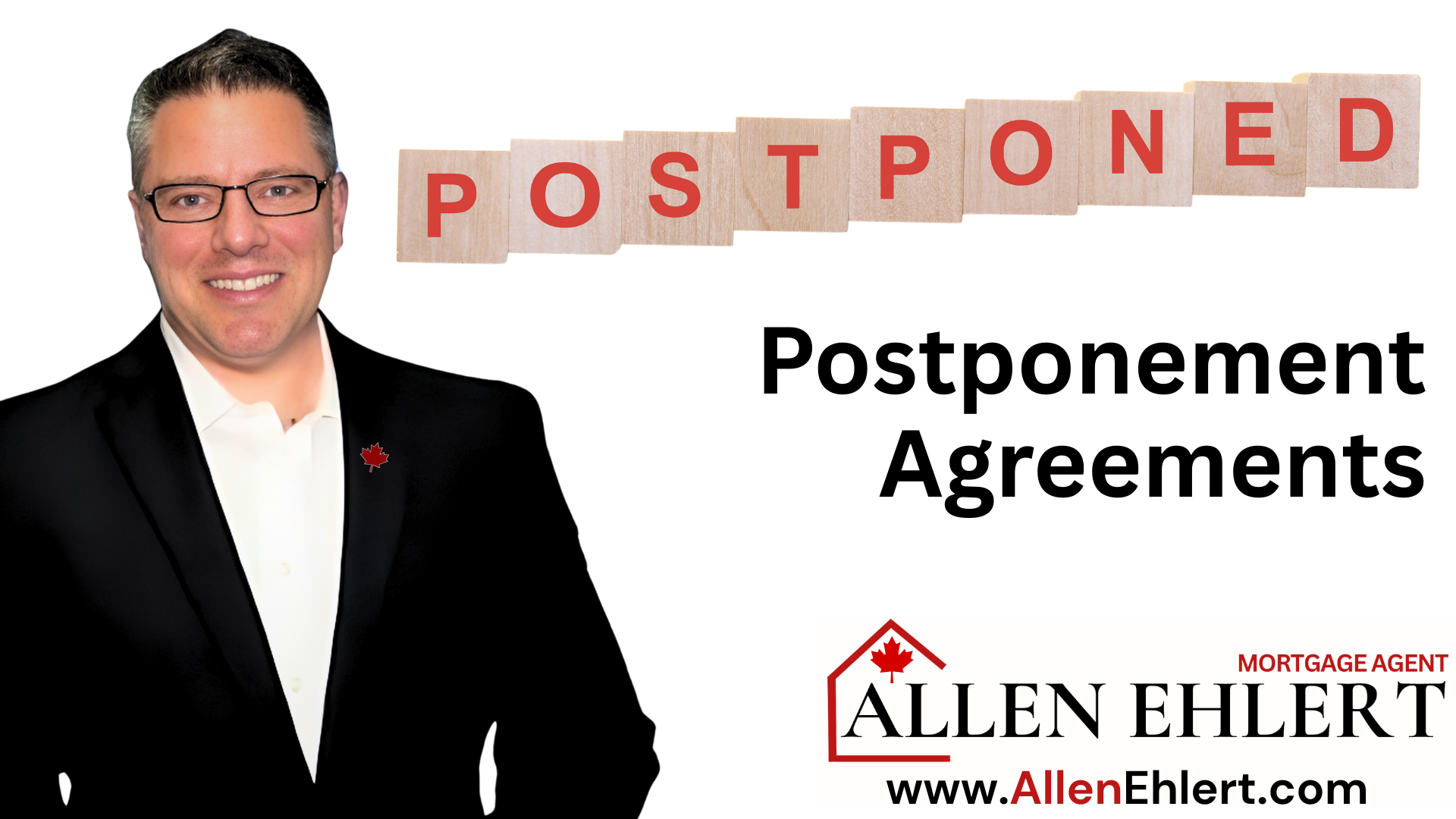As your trusted and professional mortgage agent, I am committed to ensuring that you have access to the full range of mortgage solutions available to you — not just the big banks you may already know. Sometimes, the right mortgage for your situation will involve working with a lender you may not have heard of before, such as MCAP or MCAN Financial.
Let me walk you through why alternative lenders exist, how they operate, and why they can offer an incredible advantage depending on your needs.
The Rise of Alternative Lending in Canada
When Alternative Lending Makes Sense
How Alternative Lenders Operate
Why Property Matters More in Alternative Lending
The Importance of Proper Deal Packaging
Alternative Lending: Not Second Best — Simply Different
Moving Forward with Confidence
The Rise of Alternative Lending in Canada
Over the past decade, the lending landscape has changed dramatically. After the global financial crisis, traditional lenders tightened their rules. Canadians who are self-employed, have credit challenges, or carry higher debt loads found themselves with fewer traditional options. This created a gap — and responsible, federally-regulated alternative lenders stepped in to fill it.
Today, alternative lenders provide customized mortgage solutions for everyday Canadians facing real-life financial situations. Whether it’s business-for-self income that doesn’t fit a bank’s strict mold, or credit that has taken a hit due to life events, alternative lenders are here to offer flexibility where others cannot.
When Alternative Lending Makes Sense
There are several common scenarios where an alternative mortgage might be the right fit:
- Self-Employed Borrowers: Traditional lenders often demand two full years of declared income, even if your business is thriving. Alternative lenders have flexible programs that understand real entrepreneurship.
- Tarnished Credit: Life happens. Whether it’s a missed payment during a tough time or a full consumer proposal, alternative lenders see past the score and focus on the story.
- Debt Consolidation: If high-interest debt is overwhelming your finances, an alternative mortgage can help consolidate debt into one manageable payment — improving cash flow and credit health.
- Equity Lending: For clients with substantial equity in their homes, alternative lenders can offer solutions based more on the property than just income or credit.
- Previous Credit Events: Past bankruptcies or proposals don’t automatically disqualify you. In fact, alternative lenders specialize in “getting Canadians back on track.”
How Alternative Lenders Operate
Alternative lenders are highly professional, reputable, and regulated financial institutions. They typically fall into two operational models:
- Balance Sheet Lenders (like MCAN or Equitable Bank) use their own deposits to fund mortgages. They directly manage the loans they offer.
- Originating Lenders (like MCAP or First National) arrange mortgages and then sell them to investors.
Each model affects pricing, fees, and flexibility — but both prioritize responsible lending and long-term client success.
It’s important to understand: while there may be a small lender or broker fee involved (to account for the additional work and customized risk assessment), this is an investment in a tailored mortgage solution that will work for you.
Why Property Matters More in Alternative Lending
With alternative lenders, your property — the collateral — plays a major role. Because some clients may carry more personal risk (such as variable income or recovering credit), lenders look for properties that are:
- Well-located
- Well-maintained
- Conventional in construction
- Easy to sell if necessary
Properties with unusual features (such as converted churches, extreme acreage, or unusual water or heating systems) can pose challenges.
This is why, as your mortgage agent, I take additional steps: Googling the property, reviewing appraisals thoroughly, and ensuring the home fits alternative lending guidelines.
The Importance of Proper Deal Packaging
When presenting your application to an alternative lender, it is critical to package the file correctly the first time.
This means:
- Knowing your full financial story
- Understanding your goals
- Preparing strong documentation
- Anticipating and answering any lender questions proactively
It’s not about “selling” you into something you don’t need. It’s about advocating for you — positioning your file in the best light so that you can be approved faster and with the best terms possible.
When necessary, I also leverage a deep network of underwriting and lending partners to find creative solutions if challenges arise.
Alternative Lending: Not Second Best — Simply Different
The term “alternative” should not carry any stigma. Alternative lending is not “B lending” or “subprime” — it’s solution-based lending.
Choosing an alternative lender is about matching your current situation with the right mortgage today, while often creating a path back to traditional (A-lender) financing in the future.
I view alternative lending as a bridge — a smart, strategic move that empowers you to move forward confidently toward your financial goals.
Moving Forward with Confidence
In closing, if I introduce you to a lender like MCAP or MCAN, please know:
- They are respected, established, and federally regulated institutions.
- They are experts in flexibility, understanding that life doesn’t always fit into neat boxes.
- They are partners in your homeownership journey — just like I am.
If you have any questions, if anything is unclear, or if you simply want reassurance, I’m always here.
My job is to be your trusted expert, guide you through the options, and ensure you get the mortgage you deserve.
Homeownership should never be out of reach because of technicalities — and with the right strategy, it won’t be.












